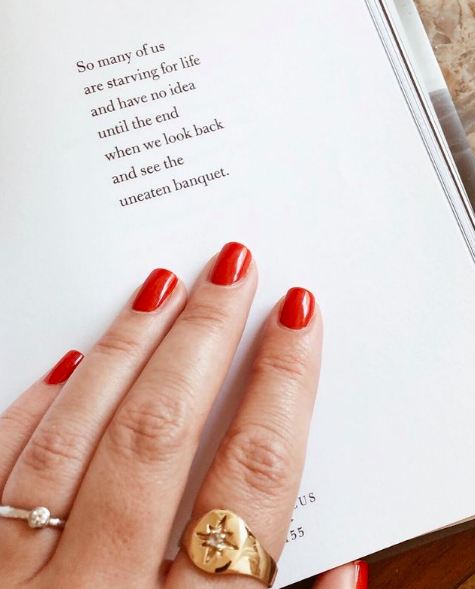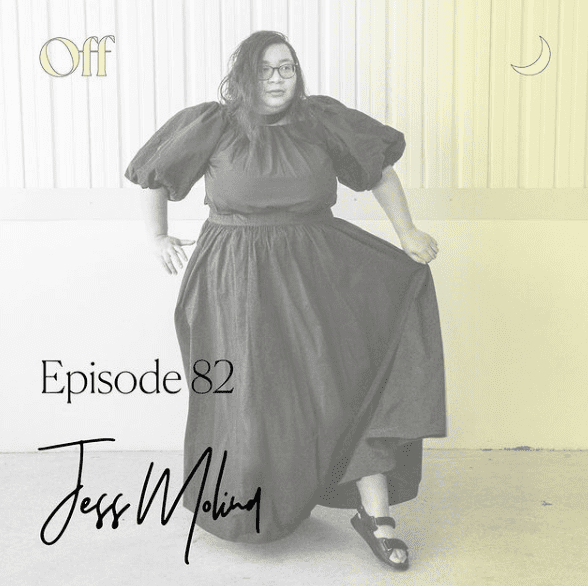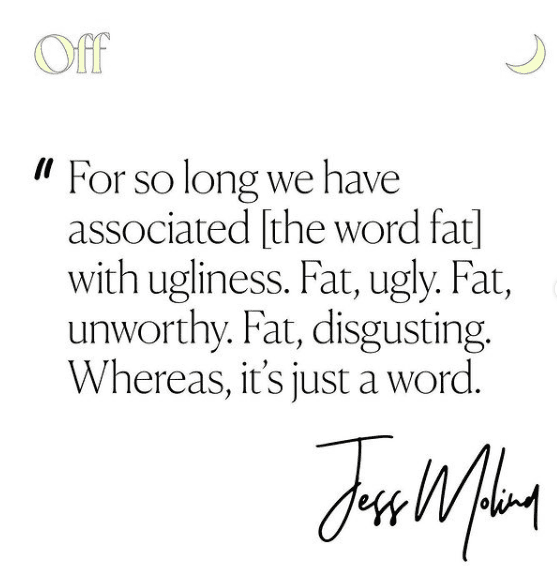The creative powerhouse between the Offline podcast and self-development pathway, Alison Rice is creating honest and vulnerable chats about who we are outside of our labels and what makes for a meaningful life and career. She talks to Emma Clifton about the wake-up call that changed her career path, balancing running a business with having a baby and helping women in their 20s and 30s work out what’s next.
It’s safe to say there is always a lot of pressure on women, but that that pressure becomes heightened for those in their 20s and 30s, when the checklist of things to achieve gets balanced against a biological clock and a mainstream working culture that, by and large, fails to find a place for working mothers. There’s little wonder that the much-mythologised rise to the top of the career ladder can find a lot of ambitious women getting to the top, looking around and going, ‘Huh?’
For Alison Rice, an award-winning publisher, journalist, podcast host and conscious career coach, this is an emotion that she is familiar with. A few years ago, she was absolutely nailing it on the career front, launching four giant US digital brands, including PopSugar and Who What Wear, into Australia. But there was a growing realisation that not only had her day job slowly morphed into something she didn’t recognise, but it was also demanding a pace of life that wasn’t sustainable. She was leading a team of 25 women, all aged under 30, and it was a life of long hours and high pressure. Plus, her leadership role had taken her far away from the actual job she enjoyed: writing stories and creating content that helped women.
“The most poignant moment for me was sitting in meeting after meeting with the sales team, coming up with editorial concepts to sell to advertisers and thinking, ‘Wow, I am proud of myself as a journalist… I believe I’m a gifted storyteller, but here I am trying to conceive of an idea so that a beauty brand might sell that lipstick,’” she says, over the phone from her home in Australia. “That was the moment where I thought, ‘I think I have more to give this industry… well, not even this industry. I think I have more to give women.”
“Google is real,” she laughs. “I would Google my name and start to see hundreds of stories about ’10 ways to wear a white shirt,’ or ‘the right red lipstick for your skin tone.’ I thought, ‘No, I’m perpetuating this kind of desire culture that we have to have all these things and instructing a team of journalists to make women question themselves, and make them want things that ultimately aren’t going to make them happy.’ When you have those realisations, there’s no going back.”
Alison’s career had started out at the Walkley Foundation for Excellence in Journalism and she knew she wanted to get back to that kind of values-aligned storytelling – but it would mean walking away from an executive career, not to mention an executive salary. “I think that the scariest thing for a lot of ambitious women is you climb and you climb and you get all the things that you were told to want and then it’s very scary to think, ‘I’m going to walk away from all of this.’”
But that feeling that she had more to give wasn’t going anywhere. “I thought, ‘If I can make contact with my talent again, which we can lose in leadership roles especially, and get back to the tools and start to tell deeper, richer stories that are going to help women feel more seen and expressed, then that’s what I want my purpose to be.’”

In 2018 she launched Offline, which started as a podcast with the aim of looking at who we all are behind our online labels, and then became a conscious career coach, running online leadership courses and a sold-out national tour around Australia as part of this. Her professional background gave her not only an insight into the demanding schedules that a lot of ambitious women were enduring to succeed, but also the growing unease of ‘is that all there is?’ that many of them were facing upon reaching their career goals.
“It’s predominantly women in their 20s and 30s that I coach and what I’ve observed that Covid-19 taught the majority of them is that what they believed they wanted and needed to acquire, they didn’t actually want.”
The relentless hamster wheel of work and life can mean that there’s little time to ask the big questions and Covid-19 provided a small space for those existential thoughts to come up for some women. “It’s not until we take time out of the environments that we’ve been programmed to be in that we can start to think for ourselves,” Alison says. “All of a sudden, these ambitious young women were starting to stop and think for themselves, instead of meeting the expectations this kind of ‘girl boss’ movement has put on them – that we must be all these things and have the job, have the house, have the husband, have the baby.”
“When you have that realisation, it’s like… ‘well, what do you do with that? Because this track that I’ve been on for so long and all this stuff I thought I wanted, I realise I don’t want any more. But what do I want?’”
That’s where Alison’s skill as a career coach comes in, with having those kinds of wider conversations. “The sessions become really interesting because that’s the place we want to get to, but it’s the hardest place to get to, getting out of all that programming and into that relationship with our essence. And we get there by asking a lot of really deep and difficult questions that we don’t get to ask ourselves when we’re in the rat race.”
Instead of just a single-minded push to the top, Alison says she and her clients look at more of an all-rounded approach. “It wasn’t about getting any job or any promotion, it was about ‘how do I create an internal following inside a business, how do you develop an executive presence… how can I create consciously rather than just hustle my way to the top?’”
Bringing that idea of purpose into how we can create good lives, rather than just good careers, is also the theme of her podcast Offline. Again, it’s very carefully curated in terms of who Alison wants to promote. “Some are men, but they’re mostly women, who I believe are adding a lot of value to their space; people who are working on behalf of or are from under-represented groups is something I look for. I look for people who are teaching or working in service for the greater good.”
She very rarely accepts pitches, she says, estimating that 85% of the guests are personal picks and she normally follows them on social media for a good few months to make sure their values align with hers. Some of her past guests include GOOP’s former chief content office, Elise Loehnen, food entrepreneur Donna Hay and Kiwi style influencer/storyteller Jess Molina, whose work in size inclusivity has made her a positive force in the fashion industry (check out our interview with Jess here)




Using her platform to highlight smart, talented and kind people is not only working well for Alison but so are her boundaries around time management. “I started my boundary setting on the way out of a big job, so it felt seamless as I transitioned,” she says. “I left for many reasons but one of them was I couldn’t operate at that speed any more. So, starting my own business at a pace that wasn’t sustainable would have been just silly.”
“Now, I’m militant with my time. Certain days I’ll take meetings, other days are creative days and I just need hours of thinking space, and that’s been really important for producing meaningful work.”
The ultimate time management test has presented itself in the form of Betty, Alison and her husband’s baby, who arrived in January. Currently Alison is on maternity leave – although, the fact that she’s doing a phone interview with me while breast-feeding Betty is a sign that she’s still definitely keeping her hand in when there’s a chance. But while running her own business might mean there’s a part of her that always has to be ‘on’, there’s flexibility to that as well.
“I’m a bit of a planner and I spent the last three or four months of my pregnancy pretty dedicated to scheduling ahead, so that I could take these few months off and not be too stressed about it,” she says, noting that she pre-recorded half of the podcast season before she gave birth. “I reckon it might get pretty real in the next few weeks as I start to record again. But I’m trying to put out good work that I’m proud of and sometimes that means taking a bit more time to get it together, anyway.”
For more information on Offline, visit here and to register for more information on Alison’s coaching sessions, visit here

